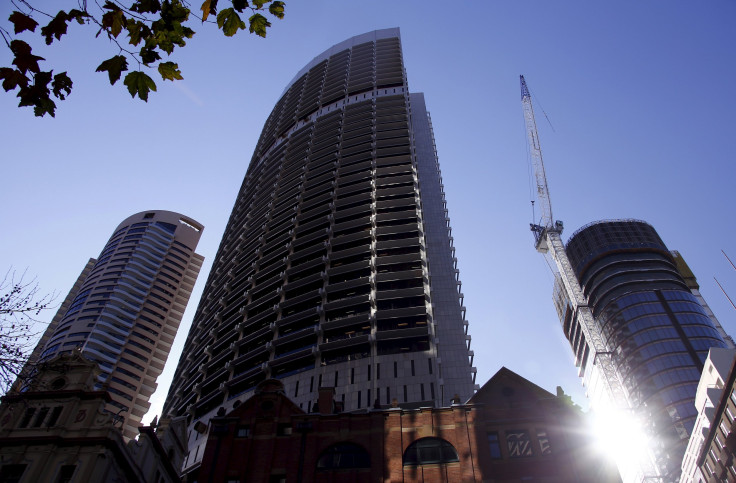Australian real estate affordability crisis stems from the country itself

Australia’s claims of growing foreign investment have left people ambivalent, with records showing just 2 percent of Chinese purchases in the country across a year, says Professor Hans Hendrischke of University of Sydney.
He argued that the statistics released give people enough evidence to say affordability crisis arise from a glitch in the Australian real estate. In his research, Hendrischke made comparisons between all residential property sales and statistics of Foreign Investment Review Board, or FIRB, mainly to see the contribution of Chinese buyers as China happens to be Australia’s largest source of foreign investment with regard to the local housing markets, according to Domain.com.au.
Taking from the data published by the Australian Bureau of Statistics and CoreLogic RP Data, he discovered that national residential real estate recorded an earning of AU$270 billion where Chinese buyers had just 2 percent of contribution. He concluded that the crisis in the real estate market stemmed from Australia itself.
He also mentioned that the figures were not drawn based on actual purchases but mere approvals. “Don’t blame the Chinese,” Hendrischke wrote while concluding.
But one of Domain group analysts says that Hendrischke didn’t consider taking into account the impact of illegal foreign buyers. It has been reported that these purchases particularly in Sydney and Melbourne have not only pushed up the house price growth altogether but also fuelled an anti-foreign buyer attitude among certain sections of Australian.
On Saturday, one of anti-foreign buyer groups named Party for Freedom Australia gathered outside an auction event on Sydney’s lower north shore in a bid to disrupt it. “Most of these people at auctions look like they just came off the plane looking to buy a property,” leader of the group Nick Folkes said.
Western Sydney University urban studies lecturer Dallas Rogers expressed similar views with Hendrischke, saying overseas buyers hardly give way to Australia’s housing affordability crisis. He accused anti-foreign buyer groups of racially discriminating Australian citizens “of Asian appearance” by calling them foreign investors. “There’s now substantial evidence showing the housing affordability problem is largely a historical home-grown problem,” he said.
He believes that focus on the Chinese investment to mitigate the affordability crisis should shift to Australia’s taxation policies, supply and demand statistics and population growth.
Contact the writer at feedback@ibtimes.com.au, or let us know what you think below





















